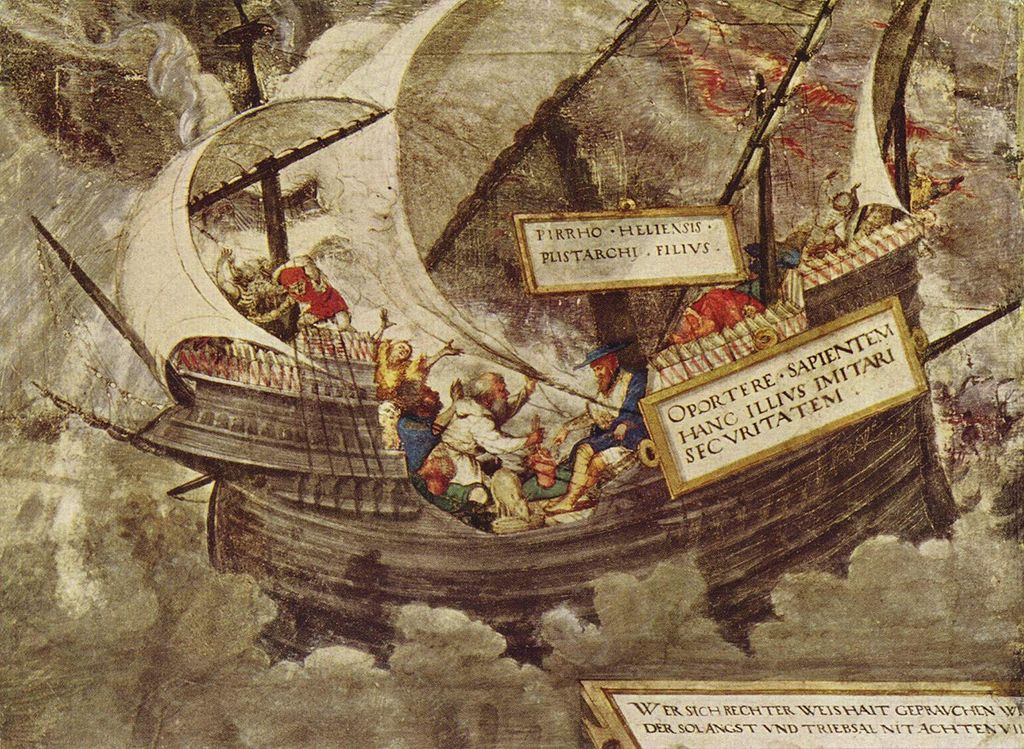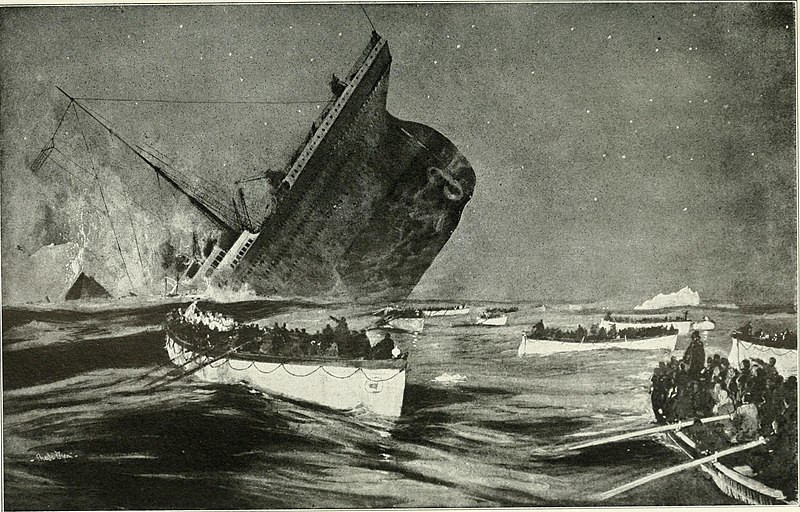For his 2017 book Nabokov’s Favorite Word Is Mauve, statistician and journalist Ben Blatt ran thousands of books through a computer to analyze the particulars of the authors’ use of language. Among many other things, he found that each of these authors uses the indicated phrase in more than half their works:
- Jane Austen: “with all my heart”
- Ray Bradbury: “at long last”
- Tom Clancy: “by a whisker”
- William Faulkner: “sooner or later”
- George R.R. Martin: “black as pitch”
- Herman Melville: “through and through”
- Salman Rushdie: “the last straw”
- Tom Wolfe: “sinking feeling”
A few other interesting points:
- Ernest Hemingway used -ly adverbs only 80 times in 10 novels. By contrast, E.L. James (Fifty Shades of Grey) used 155 instances in three books.
- Elmore Leonard used 49 exclamation points per 100,000 words. James Joyce used 1,105.
- Chuck Palahniuk uses the word suddenly twice per 100,000 words. J.R.R. Tolkien used it 78 times.
- 45 percent of American Harry Potter fan fiction used the word brilliant more often than J.K Rowling.
- 46 percent of Danielle Steele’s opening sentences mention weather. Joseph Conrad, Hemingway, Sinclair Lewis, Toni Morrison, Kurt Vonnegut, and Palahniuk never do this.




